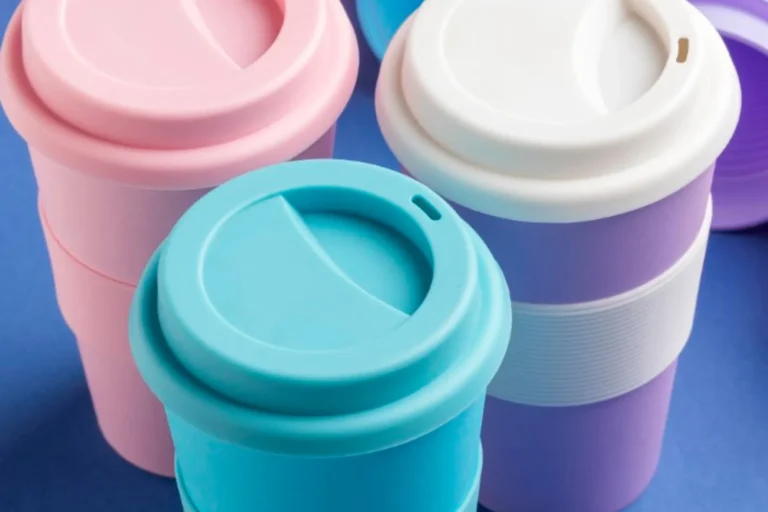SILICONE
We test, document and advise to ensure your products comply with applicable legal requirements.

It is crucial that silicone materials are safe to use in contact with food. At FCMtesting ApS, based in Odder near Aarhus, we help you ensure that your materials meet applicable EU regulations and international standards, so you can safely bring your products to market.
Silicone in food contact must comply with relevant EU regulations, including Regulation (EC) No. 1935/2004 on materials and articles intended to come into contact with food. Although silicone is not covered by the Plastics Regulation (EU) No. 10/2011, it must still meet general safety requirements, including that it must not release harmful substances in quantities that could affect food safety. National guidelines and specific testing requirements may also apply to ensure that silicone products are suitable for food contact.
At FCMtesting we offer:
- Migration Test to ensure that your product does not release harmful substances beyond the permitted limits.
- Declaration of Compliance in accordance with EU regulations, so your documentation is legally compliant.
- Consultancy on applicable legal and documentation requirements, ensuring full compliance.
For products exported outside the EU, additional requirements may apply, which we can also help you navigate. Silicone in food contact must comply with relevant EU regulations, including Regulation (EC) No. 1935/2004 on materials and articles intended to come into contact with food. Although silicone is not covered by the Plastics Regulation (EU) No. 10/2011, it must still meet general safety requirements, including that it must not release harmful substances in quantities that could affect food safety. National guidelines and specific testing requirements may also apply to ensure that silicone products are suitable for food contact.
FIND MORE INFORMATION ABOUT SILICONE PRODUCTS
What types of materials are there?
Silicone types used for food contact
The most commonly used types of silicone in food contact materials include:
- Silicone elastomers (rubber)
- Silicone resins
- Silicone oils
- Silicone gels
- RTV silicone (Room Temperature Vulcanizing)
Legislation and external references
Legislation on silicone for food contact
Tip: Always use the latest legal text. Select "In force" and the latest consolidated version on EUR-Lex.
- Regulation (EC) No. 1935/2004: General requirements for all materials intended for contact with food, including silicone.
- Regulation (EU) No. 10/2011: Applies primarily to plastics, but certain silicone-based materials may be included.
- Regulation (EU) 2024/3190: Restrictions on bisphenols in food contact materials.
- Regulation (EU) 2022/1616: Requirements for recycled plastic – relevant for hybrid materials.
- Regulation (EC) No. 2023/2006: Good manufacturing practice for all food contact materials.
FAQ about testing and documentation of silicone
FAQ – Testing and documentation of silicone
- Is food contact silicone covered by specific EU legislation?
- Silicone is not covered by a separate EU regulation like plastics, but must comply with framework regulation 1935/2004Compliance is assessed via migration testing and NIAS analysis.
- How is silicone tested for safety in food contact?
- The test includes total and specific migration as well as identification of NIAS. We follow EFSA guidelines and uses our accredited testing methods.
- What are the advantages of silicone as a food contact material?
- Silicone is flexible, temperature-resistant and chemically stable. It is suitable for baking molds, tools and seals – and can withstand both high and low temperatures.
- Are there special documentation requirements for silicone products?
- Yes. Manufacturers and importers must be able to document compliance with Framework Regulation 1935/2004. See guide to DoC.
